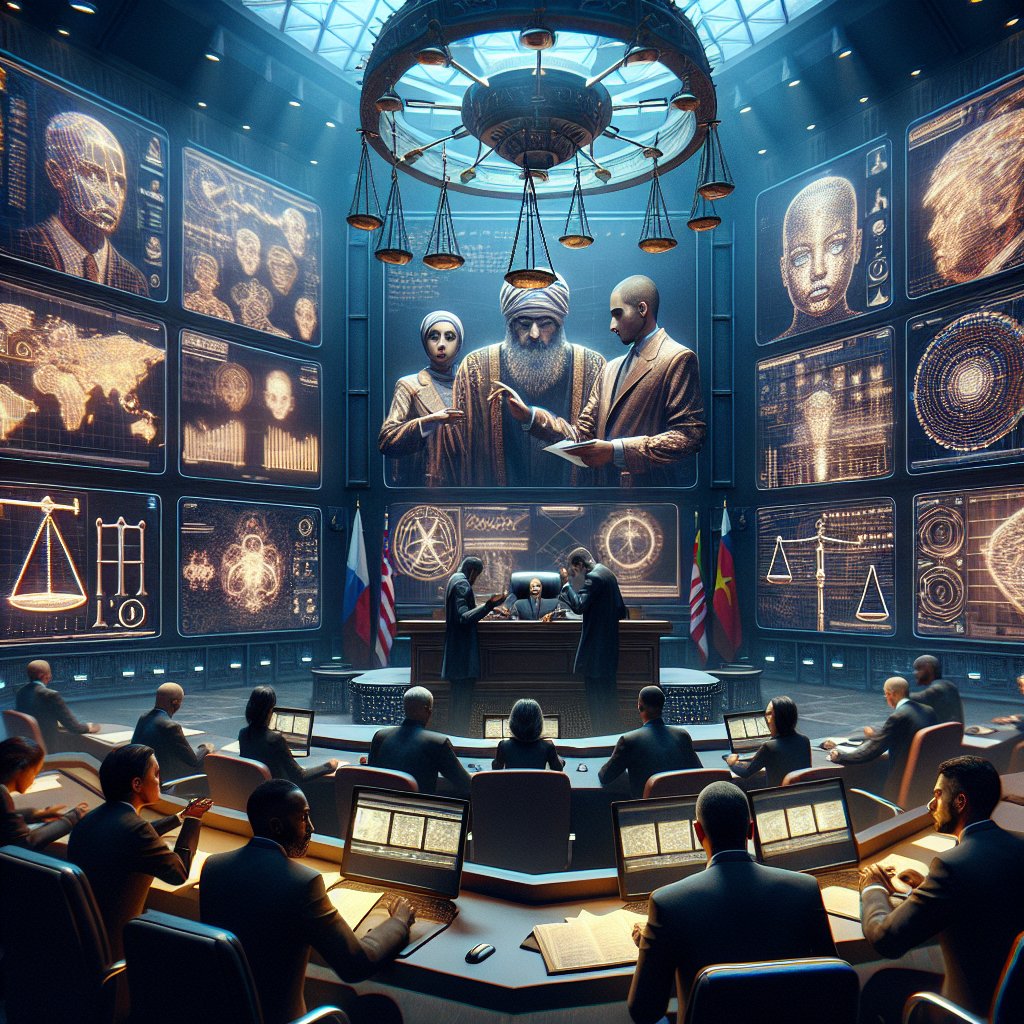Image created by AI
Brackenfell High Brawl Controversy: Malema Faces R1m Hate Speech Lawsuit
The simmering tension emanating from the "Battle of Brackenfell”, a violent episode that captured South African headlines, has spilled into the courtroom. Julius Malema, the firebrand leader of the Economic Freedom Fighters (EFF), alongside his party, is now embroiled in a R1 million hate speech lawsuit. This legal dispute emerges from the aftermath of a series of confrontations at Brackenfell High School, which saw EFF supporters clashing with locals in 2020.
The plaintiff, a man implicated in the attack on EFF protesters, alleges that the words spoken by Malema at an EFF provincial rally on October 16, 2022, have put his life in peril, forcing him to live in hiding. Malema's controversial remarks, which communicated that "You must never be afraid to kill; a revolution requires killing at some point because killing is part of the revolutionary act," have drawn ire and fear, catalyzing this court action.
Malema's rhetoric, known for its provocative and militant undertones, has previously landed him and his party in legal challenges questioning the boundary between free speech and incitement. This latest suit centers around the interpretation and implications of his words, assessing if they indeed constitute hate speech.
The plaintiff's attorneys have argued that the statements by Malema are not only irresponsible but also dangerous, especially in a country where political tensions can boil over into violence. Moreover, as per the applicant, the consequences of such statements are not limited to him but extend to a wider chilling effect on public discourse and safety.
The EFF and Malema's legal team are expected to mount a robust defense, potentially arguing for the right to freedom of speech and political expression. The legal landscape for hate speech in South Africa, shaped by the Equality Act and constitutional protections of expression, presents a complex battlefield for determining the outcomes of such high-stakes litigation.
This legal confrontation comes at a time when South Africa grapples with issues of inequality, social justice, and how best to reconcile a turbulent history with aspirations for a harmonious future. The outcome of the lawsuit will likely resonate beyond the courtroom, potentially influencing political discourse and the framework of permissible speech.
The Brackenfell High incident began over allegations of racial exclusion at a school event, reflecting South Africa's ongoing struggles with racial tensions. The confrontational protest saw members of the EFF and local community members in a heated altercation, culminating in violent clashes. With the dust far from settled, this lawsuit adds a new layer of legal scrutiny to the broader conversation around race, rhetoric, and the ramifications of words wielded as weapons.
As the country watches on, the case promises to test the waters of South Africa's commitment to both freedom of expression and the protection against hate speech. It highlights the precarious balance required in sustaining a democracy where passionate political engagement does not cross the line into incitement or violence.










